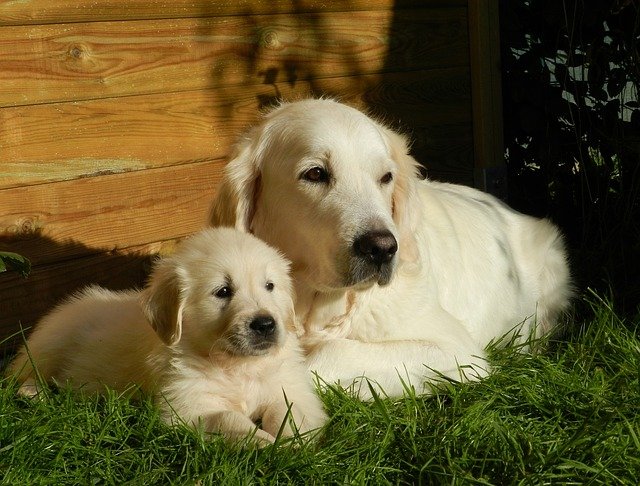Instant Answer: Professional puppy training costs can vary widely depending on factors like location, trainer experience, and the specific services offered. On average, expect to pay anywhere from $50 to $125 per hour-long session. Some trainers also offer package deals that can range from $200 to $600 for a set number of sessions. It’s best to research local trainers in your area to get a more accurate idea of puppy training costs.

Effective Puppy Training Naturally Enhances Your Dog’s Behavior and Obedience
Embarking on the journey of puppy training not only shapes your furry companion’s behavior but also strengthens the bond between you and your dog. By instilling good habits early on, you are setting the foundation for a well-behaved and obedient pet. While professional training services come at a cost, the investment in your puppy’s development is invaluable. Through natural methods and positive reinforcement, you can witness your puppy’s growth and progress firsthand, making the training process a rewarding experience for both you and your four-legged friend.
Socialization is Key
Socializing your puppy from a young age is crucial for their development. Exposing them to different environments, people, and animals helps them become more confident and well-adjusted adult dogs. For example, take your puppy to the park to meet other dogs and people, enroll them in puppy socialization classes, and introduce them to various sights and sounds in a positive way.
Consistent Training Routine
Consistency is key when it comes to training your puppy. Establish a routine that includes regular training sessions to reinforce good behavior and discourage unwanted habits. For instance, if you are teaching your puppy to sit, use the same command each time and reward them with a treat when they obey. Consistent repetition will help your puppy understand what is expected of them.
Positive Reinforcement
Positive reinforcement is a powerful tool in puppy training. Rewarding your puppy for good behavior encourages them to repeat that behavior in the future. This can be in the form of treats, praise, or playtime. For example, if your puppy successfully goes to their designated potty area, praise them enthusiastically and give them a treat to reinforce this positive behavior.
Patience and Understanding
Training a puppy takes time and patience. It’s important to remember that puppies are like young children – they are learning and exploring the world around them. Be patient with your puppy and understand that they may not get everything right the first time. Use gentle guidance and positive reinforcement to help them learn and grow.
Exercise and Playtime
Physical exercise and mental stimulation are essential for a puppy’s overall well-being. Make sure to provide your puppy with plenty of opportunities to play and burn off energy. This can include interactive toys, games of fetch, and short walks around the neighborhood. A tired puppy is more likely to be well-behaved and attentive during training sessions.
Professional Training Assistance
If you are struggling with training your puppy or encountering specific behavioral issues, don’t hesitate to seek professional help. A certified dog trainer can provide guidance and support tailored to your puppy’s individual needs. They can offer expert advice on training techniques and help you address any challenges you may be facing.
By following these practical steps and incorporating them into your puppy training routine, you can effectively enhance your dog’s behavior and obedience naturally. Remember, training is a lifelong process, so be consistent, patient, and understanding with your furry companion.
Other questions people ask about puppy training
What is the easiest way to start puppy training?
The easiest way to start puppy training is to establish a consistent routine that includes basic commands like sit, stay, and come. Use positive reinforcement techniques such as treats and praise to encourage good behavior. Consistency is key in training, so make sure all family members are on the same page with commands and rewards. Start training sessions in short bursts to keep your puppy engaged and gradually increase the duration as they progress.
How long until I see results with puppy training?
The time it takes to see results with puppy training can vary depending on the individual puppy and the consistency of training. Generally, you can start seeing some improvement in behavior within a few weeks if you are consistent with your training methods. One concrete tip to expedite results is to use positive reinforcement techniques, such as rewarding good behavior with treats or praise, as this can help your puppy learn faster and make training more effective. Remember that patience and consistency are key when training a puppy.
What mistakes should I avoid in puppy training?
One common mistake to avoid in puppy training is inconsistency. Dogs thrive on routine and clear expectations, so inconsistent training methods or rules can confuse them. To prevent this, establish a consistent training schedule and use the same commands and rewards consistently. This will help your puppy learn faster and prevent any confusion during the training process.

